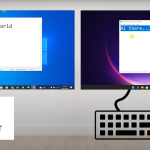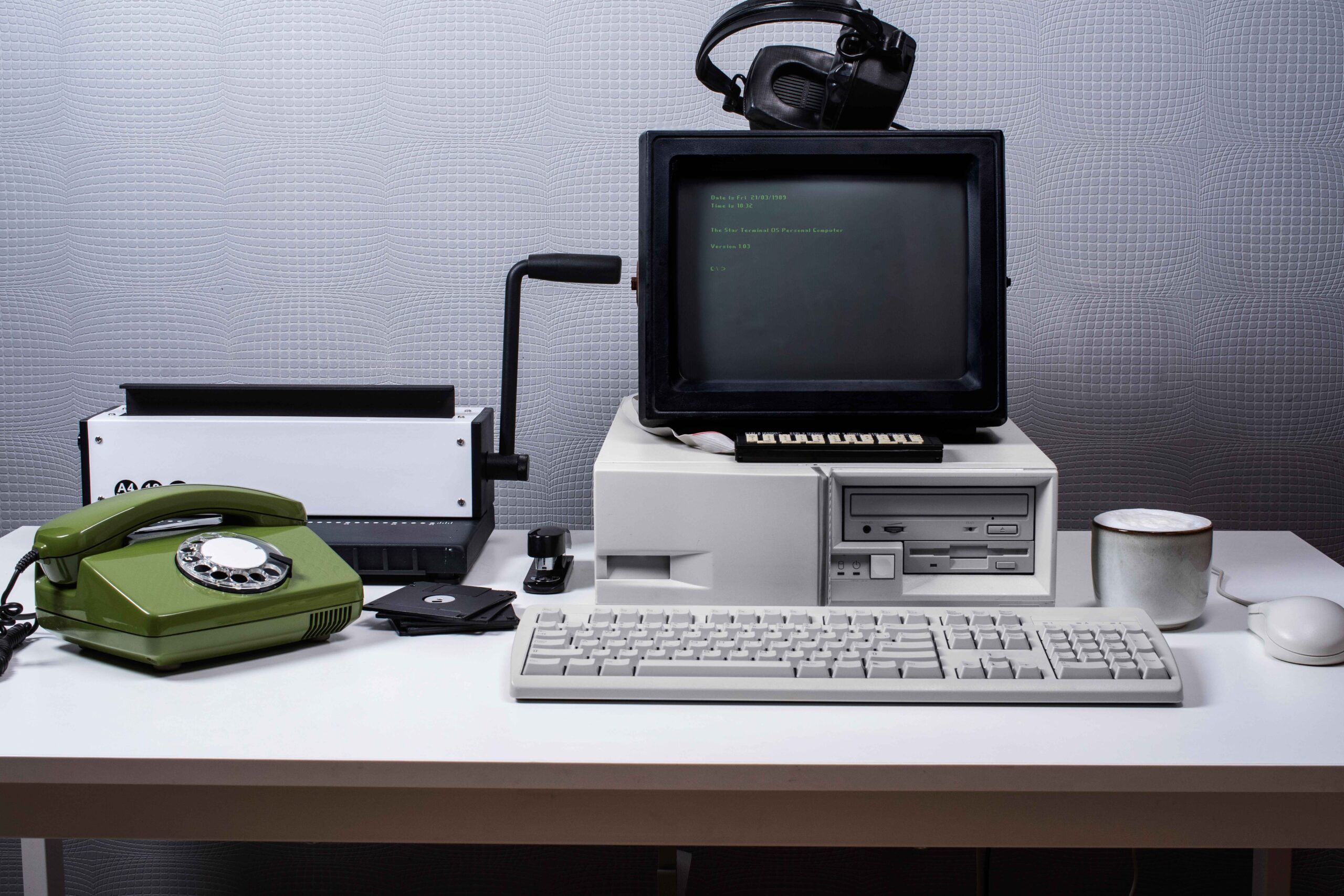Unravelling the Captivating History of Computers!
Imagine a world without computers. It’s nearly impossible in today’s digital age, where computers are an integral part of our daily lives. From the massive vacuum tubes of the past to the immersive virtual reality experiences of the present, the journey of computers has been nothing short of remarkable. Join us as we take a mesmerizing trip through time, exploring the captivating history of these incredible machines. Lets see History of Computers!!!
Introduction
In a world driven by technology, computers have emerged as the backbone of modern civilization. The journey from the early vacuum tubes to the immersive virtual reality experiences we enjoy today is a testament to human ingenuity and innovation.
Table of Contents
The Birth of the Computer Age
The roots of computing trace back to the 19th century when inventors like Charles Babbage envisioned mechanical devices capable of automated calculations. However, it wasn’t until the mid-20th century that the first electronic computers, utilizing vacuum tubes, began to take shape and become a history of computers.

The Advent of Integrated Circuits
The 1960s saw a pivotal breakthrough with the invention of integrated circuits. These tiny silicon chips revolutionized computing by enabling the compact and efficient assembly of electronic components, laying the foundation for the modern computer revolution.
Microprocessors: The Building Blocks
The 1970s marked the rise of microprocessors – single chips with immense processing power. This era saw the birth of the microcomputer, bringing computing capabilities to businesses and eventually homes.
The Personal Computer Revolution
The 1980s witnessed the explosion of personal computers. Visionaries like Steve Jobs and Bill Gates led the charge, making computers accessible and user-friendly for the masses.
Networking and the Internet: Connecting the World
The late 20th century brought about the digital interconnectedness we now take for granted. The advent of the internet transformed computers from isolated machines to gateways to a global web of information.
Mobile Computing: Computers on the Go
The 21st century ushered in the era of mobile computing. Smartphones and tablets became extensions of ourselves, providing unprecedented access to information and services.
Artificial Intelligence: Computers with a Mind
Advancements in artificial intelligence empowered computers to mimic human cognitive functions. Machine learning and neural networks opened doors to applications we once thought were purely science fiction.
Gaming and Graphics: A New Dimension
Gaming evolved from simple pixelated screens to immersive, hyper-realistic experiences. Powerful GPUs and sophisticated software created virtual worlds that captivated millions.
Virtual Reality: Bridging the Real and Digital Worlds
Virtual reality introduced a paradigm shift, blurring the line between the physical and digital realms. Users could now step into entirely new dimensions and interact with computer-generated environments.
The Future: Quantum Computers and Beyond
As we look ahead, the potential of quantum computers promises unimaginable computational power. These devices have the potential to revolutionize fields from cryptography to drug discovery.
Impact on Society: Transforming Every Facet
Computers have permeated every aspect of our lives – from communication and healthcare to finance and entertainment. The ripple effect of this technology is felt across the globe.
Challenges and Ethical Considerations
With great power comes great responsibility. The rapid evolution of computers raises ethical concerns, including data privacy, job displacement, and the potential for misuse.
The Evolution Continues: Innovations and Beyond
The journey of computers is far from over. Continued innovation in fields like quantum computing, biotechnology, and brain-computer interfaces ensures that the story of computers is one that will keep unfolding.
Conclusion
From the cumbersome vacuum tubes to the awe-inspiring virtual reality experiences, the history of computers is a testament to human curiosity and innovation. As we navigate this ever-evolving landscape, one thing remains certain: the captivating journey of computers will continue to shape our world.
FAQs
- What was the first computer ever built?
The first electronic computer, ENIAC, was built in 1945 and used vacuum tubes for calculations.
- When was the World Wide Web created?
The World Wide Web was invented in 1989 by Sir Tim Berners-Lee.
- What is Moore’s Law?
Moore’s Law states that the number of transistors on a microchip doubles approximately every two years, leading to exponential growth in computing power.
- How does artificial intelligence work?
Artificial intelligence uses algorithms and data to enable computers to learn from experiences and perform tasks that typically require human intelligence.
- What is the significance of quantum computing?
Quantum computers use the principles of quantum mechanics to perform complex calculations at speeds unimaginable for traditional computers, potentially revolutionizing various industries.
Check Out Mastering the Art of Domain Registration: A Comprehensive Guide with 7 Steps!!!







